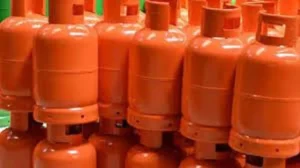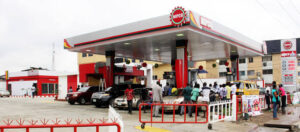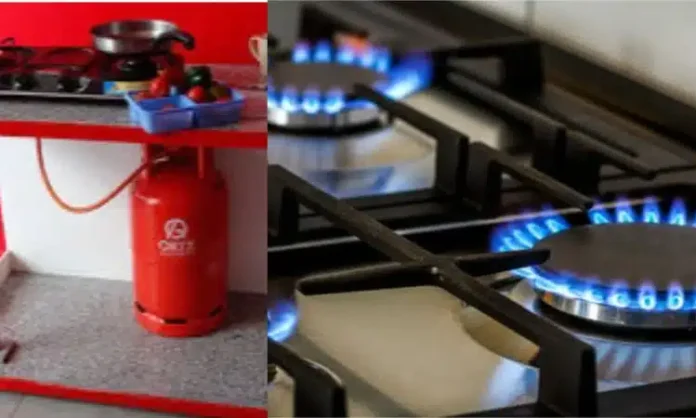In a significant development for households across Nigeria, the cost of liquified petroleum gas (LPG), commonly referred to as cooking gas, has experienced a substantial decline. Recent market surveys conducted by Legit reveal a remarkable drop in prices, with dealers now offering the product at ₦900 per kilogramme, down from ₦1, 300 just weeks ago.
This downward trend in prices is attributed to several factors, notably an upsurge in supply from various depots across the nation. Market analysts suggest that the relative availability of foreign exchange for import purposes has also played a pivotal role in driving prices down. Additionally, the Nigerian government’ s decision to remove value- added tax (VAT) on LPG has further contributed to the price reduction.
Speaking on the matter, a manager at the Gasland depot in Lagos explained, ” We are witnessing supply improvements, and more marketers can access the products. Also, we have noticed an improvement in forex availability for importers to bring in the product. ” This sentiment is echoed by other industry insiders, signaling a positive shift in the LPG market dynamics.

However, amidst this welcome development in the cooking gas sector, concerns loom large over the broader economic landscape. The Governor of the Central Bank of Nigeria (CBN), Olayemi Cardoso, highlighted the adverse impact of government interventions, particularly bulk purchases of foodstuffs for palliative distribution, on food inflation. These concerns were underscored during the recent Monetary Policy Committee (MPC) meeting, where the benchmark interest rate was raised to 24. 75% in an effort to counter rising inflationary pressures.
Despite such measures, the national inflation rate surged to 33. 2% in March, with food inflation reaching a staggering 40.01%. Structural factors, compounded by the elimination of fuel subsidies and subsequent allocations for food purchases, have exacerbated inflationary pressures, posing significant challenges for policymakers.
Cardoso emphasized the need for a coordinated fiscal and monetary strategy to address the root causes of inflation effectively. He noted, “Inflation is currently unacceptably high and requires decisive and coordinated efforts to curb it, given its adverse impact on citizens’ purchasing power, investment decisions, and broad output performance.” This sentiment was echoed by other MPC members, who underscored the urgency of tackling inflation through comprehensive policy interventions.

While efforts to stabilize the LPG market offer some respite for consumers, the broader economic challenges necessitate a concerted approach to address inflationary pressures effectively. As Nigeria navigates through these economic headwinds, policymakers face the daunting task of striking a delicate balance between price stability and sustainable economic growth.
In conclusion, the recent decline in cooking gas prices represents a positive development for Nigerian households. However, the overarching concerns surrounding inflation underscore the need for proactive measures to safeguard the nation’s economic stability and promote long-term prosperity.

The Nigerian government’s decision to remove VAT on cooking gas, coupled with improved supply dynamics, has contributed to a significant drop in prices, providing relief to consumers grappling with the high cost of living. Market analysts anticipate that these developments will have a positive ripple effect on the economy, as reduced cooking gas prices translate into lower production costs for businesses and increased disposable income for households.
Despite these positive developments in the LPG market, challenges persist in the broader economic landscape. The surge in food inflation, exacerbated by government interventions and the elimination of fuel subsidies, underscores the need for comprehensive policy measures to address structural imbalances and promote sustainable economic growth.




